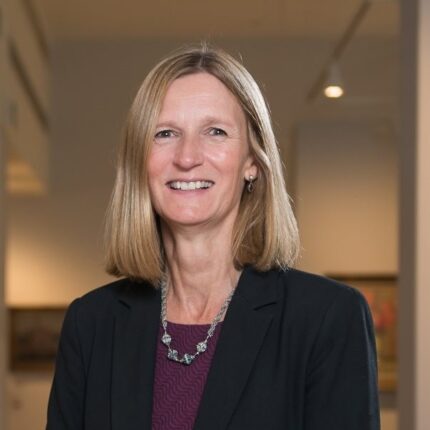The Government’s recent commitment to long-term investment in the UK’s domestic renewable and low-carbon energy supply heralded in the British Energy Security Strategy should be roundly welcomed, as it presents a meaningful step toward becoming net-zero.
However, if we fail to recognise and address the interconnection between climate change and social justice at a fundamental level, these efforts threaten unintended consequences.
The impacts of climate change are differential, often exacerbating the already significant inequalities that exist both home and abroad. The Climate Change Committee recently found that of the 61 risks facing the UK as a result of climate change, we must prepare in particular for increased flooding and drought, risks to our food, goods and vital services supply chains, wholesale power failures and risks to human health from increased exposure to heat in buildings
And, these impacts will be felt the most by those who are the least equipped to face them, furthering widening social, geographic and economic divides across the UK. As a result, any claim to levelling-up or addressing societal inequalities that fails to consider its interaction with the growing climate crisis falls at the first hurdle.
What universities can do
As Vice Chancellor of a university in an area where the impact of climate change is considerable and inequality a major concern, I would argue that it is vital that we connect these issues in trying to solve the problem. Not doing so risks parallel tracks of activity that could achieve much more if brought together and, at worst, could have negative unintended consequences. For example, strategies to reduce carbon are often felt more keenly in the purse of those who are less well-off, risking the creation of a doubly disadvantaged “carbon underclass”.
On a personal level, my own involvement through early activism, and later research and pedagogy mean that I believe strongly in the need for holistic solutions to grand challenges, tackling structural inequalities and transforming how we live. These are difficult and even daunting tasks, but as universities, we have a responsibility and are uniquely equipped to be at the forefront of this endeavour.
Rooted in the evidence
Universities know their value, but others continue to question it. In answer, we need to do more – by providing thought leadership and evidence-based critical challenge, by delivering relevant research and innovation, by providing high quality academic programmes, by supporting our communities in the face of significant threat, and by listening to the wisdom of others with whom we collaborate.
For example, at the University of Hull, we are working to redress inequalities and climate change threat through dialogue and engagement with our communities.
So, the Risky Cities project is helping communities act to become more flood resilient. The Hull we Want community partnership works with individuals to reimagine their futures and includes a strong focus on developing climate change resilience. And, our INSECURE project is exploring young people’s lived experiences of significant coastal erosion. Importantly, these projects are hearing the voices of those who often feel ‘done to’, and developing solutions with them that will be appropriate and meaningful.
The University of Hull’s Strategy 2030 reflects our passion and expertise in matters of social justice and environmental sustainability, and sits on three pillars: people, place and partnership. It reflects our fundamental belief in the power of higher education to drive positive change and provides a roadmap for the university’s contribution to tackling vital issues through the pursuit of our academic endeavours and strengthening collaboration with our local communities, as well as the private and public sector.
The social geography of environmental risk
Insisting that we bring together the key challenges of climate action and social justice is key. From the level of policy to that of practice, climate action and social justice should infuse decision making such that inevitable trade-offs are transparent and necessary mitigations can be anticipated and addressed.
Government has set out its stall in terms of achieving the transition to net zero and levelling up our country. Indeed, in his levelling up speech of July 2020, Boris Johnson noted “that for too many people geography turns out to be destiny”. But, geography also determines exposure to climate change risk. Thus, to achieve a fair, just and net-zero society, we must ensure that strong commitments translate beyond fine words into connected agendas characterised by real, considered action that delivers tangible benefit.
This is where universities can help. While each of these challenges in themselves may seem daunting, and connecting them even more complex, we are privileged to lead institutions with the brightest of minds and fiercest of passions. Moreover, we exist in an ecosystem of partners which enables us to deliver strongly. Finally, in my view, universities are in the business of hope and perhaps for this reason alone we need to step forward and do even more to support these critical agendas.












